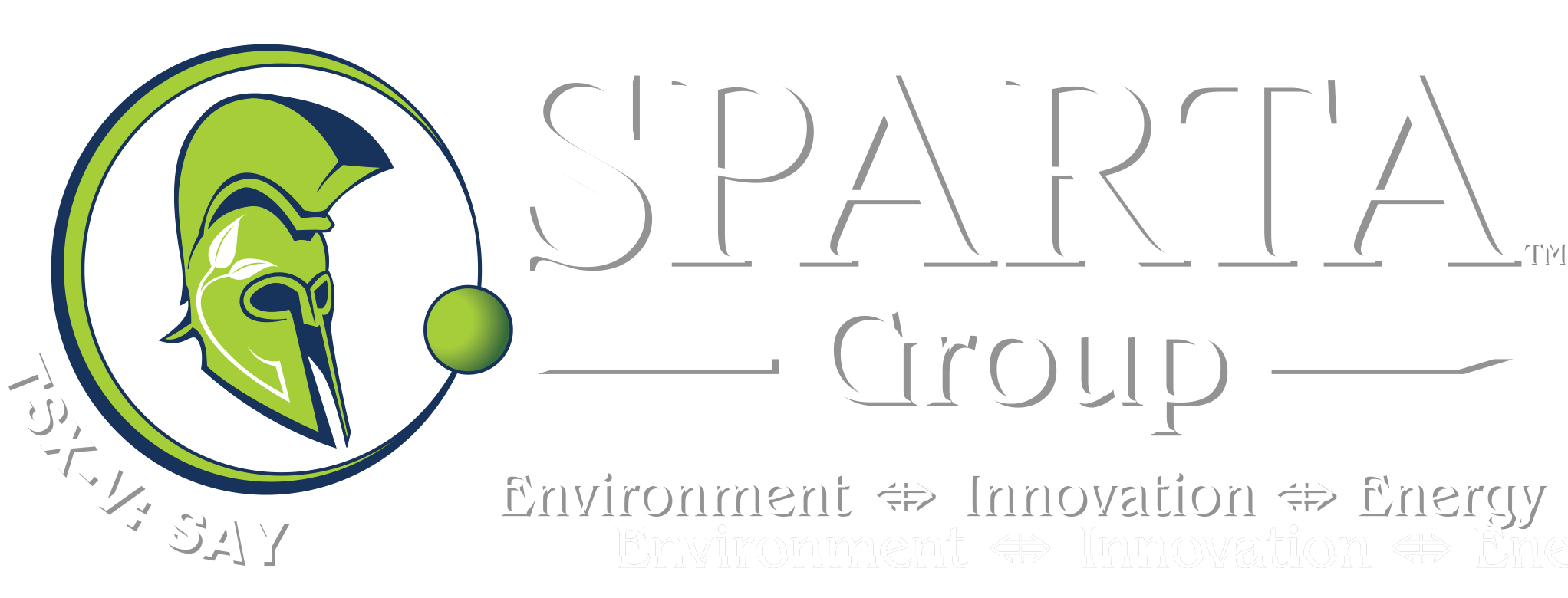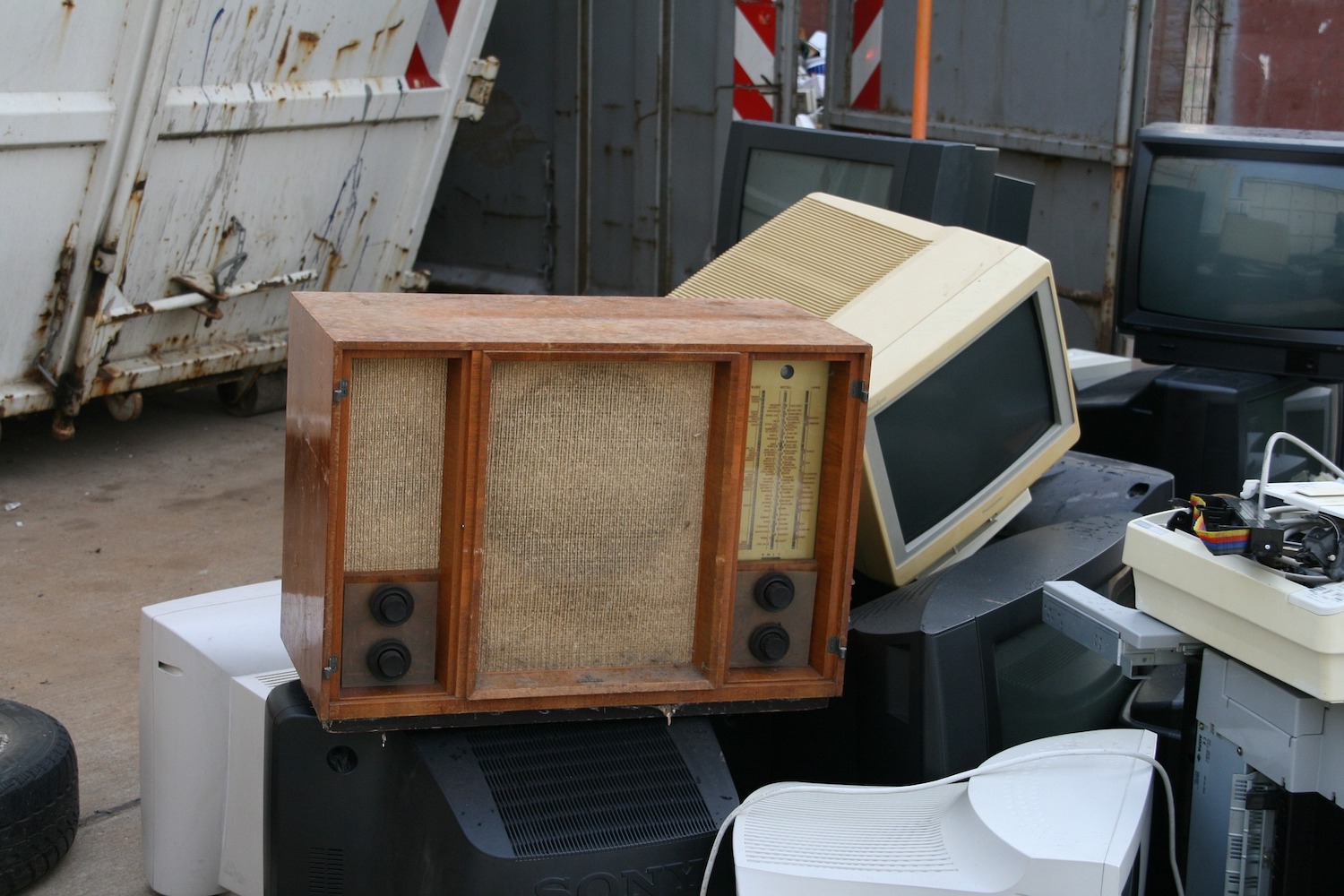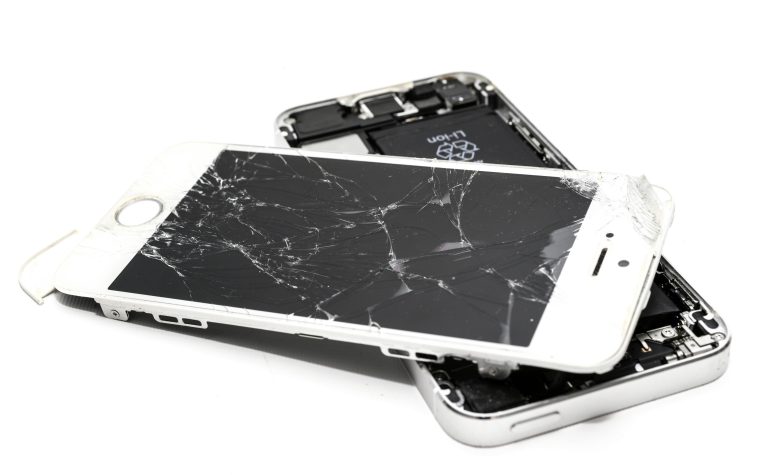– Teresa Madaleno:
The phrase “Spring Cleaning” is familiar to a lot of us. Some people call it a time for “getting rid of junk”. However, when it comes to those drawers that are full of obsolete gadgets or that corner in your garage that is home to old computers and broken appliances, the word “junk” is totally inappropriate. Why? Because all this stuff isn’t garbage, its valuable e-waste.
E-waste precious metals
There are a lot of people, as well as junk removal companies that are unaware of the hidden revenue old electronics can generate. Up to 60 elements from the periodic table can be found in electronic equipment. For facilities like Sparta’s e-waste upcycling and recycling operation in Toronto’s East end, it’s a matter of using a sophisticated processing system to recover all those valuable resources. As we continue to buy, buy, buy when it comes to electronic devices, the opportunity goes up, up, up for recyclers.
“You would be amazed with the sheer volume and type of e-waste we process every month,” said Sparta President and Chief Technology Officer, John O’Bireck.
Sparta’s facility processes well over two million pounds of e-waste every year and that number is expected to grow. In fact, growth recently led to a hiring blitz at the upcycling/recycling operation.
While minimizing environmental pollution, e-waste recycling can recover gold, silver, copper, platinum, palladium, lithium, and cobalt. Extracting precious metals when recycling e-waste costs less and is far less damaging to the environment than mining them. According to Statista, globally e-waste is thought to hold about 60 billion U.S dollars’ worth of raw materials.
A circular electronics system where resources are not extracted, used, and wasted, but re-used in various way, leads to sustainable jobs and sustainable communities.
The case against traditional mining
Mining activities are a source of local and global environmental concern thus making urban mining an attractive alternative. For instance, all the smartphones, computers, and electric vehicles we purchase have rechargeable batteries powered by cobalt. This is a metal mined by people working in slave-like conditions in the Democratic Republic of Congo. Recent news reports have tried to bring the horrendous working atmosphere to the attention of the western world.
Its not just the working conditions that make mining of new materials a bad idea. Mining comes with a long list of negative consequences, including those listed below:
- Primary forest loss
- Fighting over mining control
- Population displacement
- Eco-system disruption
- Health issues (use of explosives and chemical substances)
- Water contamination
- Food insecurity (expropriated farmland)
While upcycling and recycling of electronics is not the only solution to climate change, more experts insist it is becoming an important factor in efforts to develop a sustainable planet. Companies are turning to B2B operations like Sparta’s e-waste processing division to not only divert waste and lower their carbon footprint, but to help them with growing concerns about security and privacy. Important data is stored on electronic devices and when employers upgrade to new equipment, the old must be properly wiped of information. A bonus for companies working with Sparta is that its e-waste processing facility is certified to generate verified, high-quality carbon credits from the upcycling/recycling of electronics. This is an attractive prospect for businesses that have tried but are unable to reach their environmental goals.
Sparta’s electronic waste recycling operation is one of the first in the world to be certified by a reputable independent third party to offer carbon credits from processed e-waste.



